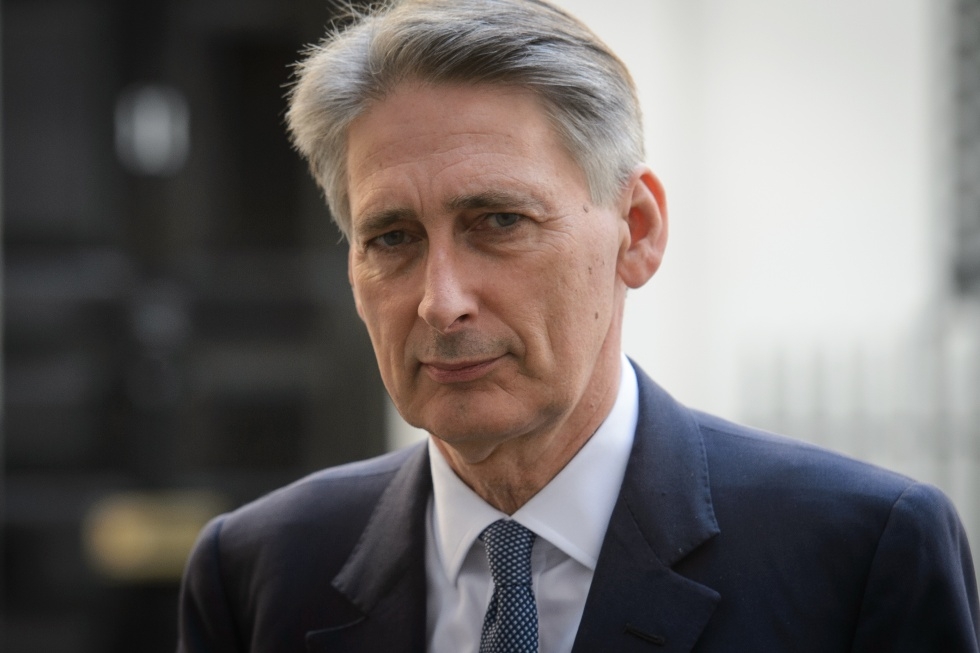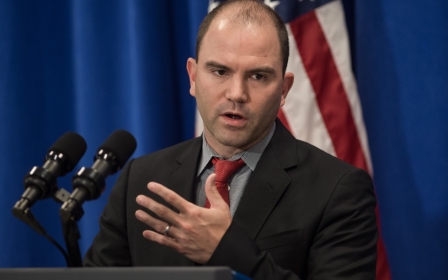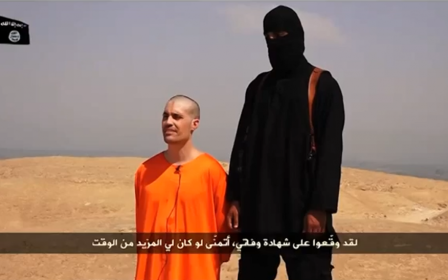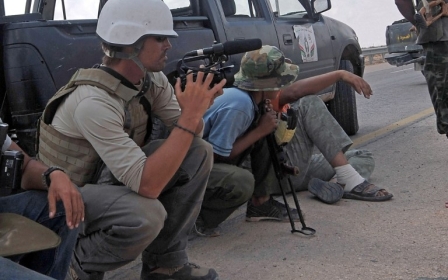Foley killing an 'utter betrayal': British foreign secretary

Britain's Foreign Secretary Philip Hammond said on Sunday that the killing of US journalist James Foley by a man speaking with an English accent was an "utter betrayal of our country".
There is growing concern in London that British passport holders who travel to fight in Iraq and Syria could return to commit attacks on British soil.
The Islamic State (IS) jihadist group posted a video on Tuesday in which a masked militant with a London accent is seen executing Foley, who had been missing since his capture in Syria in 2012.
The Sunday Times newspaper, citing unnamed senior government sources, reported that intelligence services MI5 and MI6 have identified the fighter suspected of killing Foley but the sources did not divulge the suspect's name.
"It is horrifying to think that the perpetrator of this heinous act could have been brought up in Britain," Hammond wrote in an article for the paper.
"It is an utter betrayal of our country, our values and everything the British people stand for."
Hammond also warned that IS was "turning a swathe of Iraq and Syria into a terrorist state as a base for launching attacks on the West."
He added: "Unless they are stopped, sooner or later they will seek to strike us on British soil."
Britain has ruled out sending ground troops into Iraq to fight the jihadists, but it is sending equipment to Kurdish peshmerga fighters who are fighting IS - such as body armour and night vision equipment - and offering humanitarian assistance.
Prime Minister David Cameron's Downing Street office announced on Sunday the appointment of a security envoy to the Kurdish region of Iraq.
Lieutenant General Simon Mayall "will support Kurdish and wider Iraqi efforts to counter (IS) and work with Iraq's leaders as they establish a unity government," a spokesman said.
Cameron's government is under pressure to step up action to prevent the radicalisation of young Muslims in Britain. More than 500 Britons have travelled to Syria or Iraq to fight with jihadists in the last few years, according to the intelligence services.
Home Secretary Theresa May indicated on Saturday that she could invoke fresh powers to combat radicalisation, such as banning orders for extremist groups - including those "that fall short of the legal threshold for terrorist proscription".
The main opposition Labour Party has accused the government of not moving quickly enough or providing enough specifics on what it intends to do.
IS performs mass execution in Syria
Middle East Eye propose une couverture et une analyse indépendantes et incomparables du Moyen-Orient, de l’Afrique du Nord et d’autres régions du monde. Pour en savoir plus sur la reprise de ce contenu et les frais qui s’appliquent, veuillez remplir ce formulaire [en anglais]. Pour en savoir plus sur MEE, cliquez ici [en anglais].




